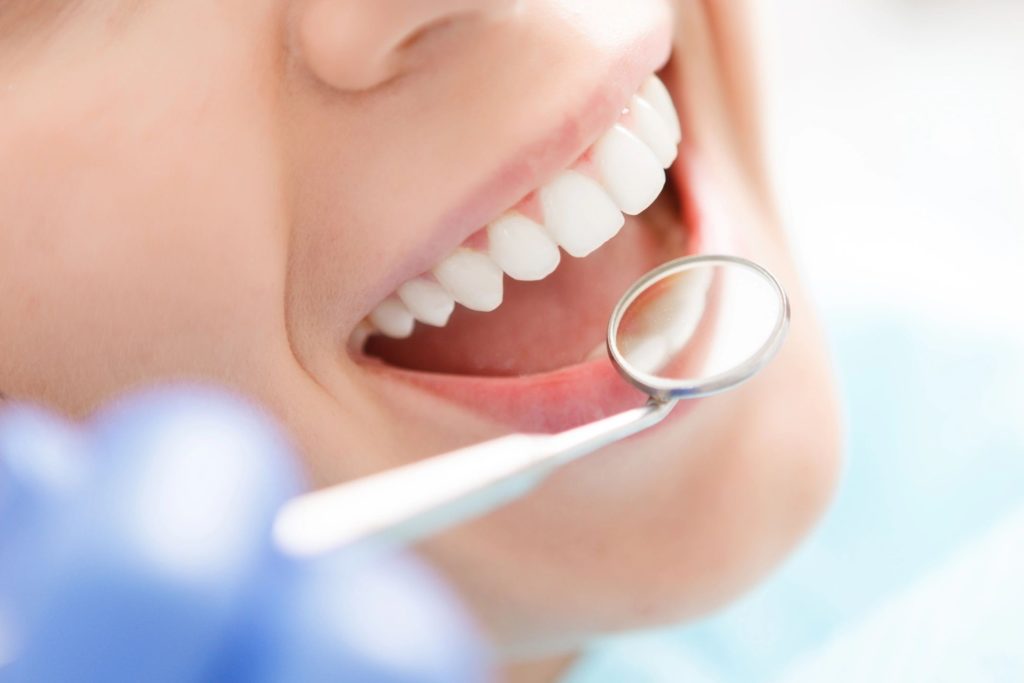Working With What You Have
Not only are genes responsible for the way your teeth are formed and positioned, research suggests they also play a major role in your overall oral health. It is beginning to look like genes are largely responsible for problems such as tooth decay, gum disease, and oral cancer.
Tooth Decay
Some people end up with an excessive amount of cavities no matter how regularly they brush and floss. Others have never had a cavity despite poor dental hygiene. This suggests a strong genetic component. In fact, some genes may even play a crucial role in your mouth’s immune response to bacteria, which is a major factor in your risk for tooth decay.
Of course, this isn’t to say we should simply leave these things to fate. Environmental habits also play a role in dental health. It is even more important for those with predispositions to cavities to exercise proper dental hygiene. Regular brushing and flossing, as well as exams and cleanings with your dentist, will go a long way in preventing tooth decay.

Gum Disease
Otherwise known as periodontal disease, this condition is an infection in the mouth that affects the gums and other supporting oral structures. Periodontal disease progresses through a series of stages that range from mild to advanced. This condition can eventually lead to tooth loss.
Genetic factors that could contribute to the development of periodontal disease include the inheritance of:
- The same bacteria as a parent who is also susceptible
- An inadequate immune system response to this bacteria
- An inadequate immune system in general
When it comes to staving off infections, your immune system is your first line of defense. When your immune system is weak, you are much more likely to develop periodontal disease.
Oral Cancer
Although a clear genetic predisposition to oral cancer has yet to be proven, there is reason to believe that, as with most cancers, you are at higher risk if it runs in your family. There is a wide range of factors involved with the development of cancer, and genetics is one of them.
Beginning at age 18, you should be scheduling regular screenings for oral cancer. Dentists can screen for oral cancer easily during a routine oral exam.
Again, this isn’t to say there are not ways of preventing cancer, even if you are more genetically prone to it. Environmental factors also play a role in its development, such as the use of tobacco products. Quitting tobacco is never a bad idea, however, if you continue to use tobacco products, you should get screened every 6-12 months.
The Sweet Tooth
Craving sugary foods may be something we inherit. In fact, scientists have discovered various genes that determine who is more likely to enjoy sweets. Naturally, this can lead to an increased risk of oral health problems, as sugar is so hard on your teeth. Those who prefer savory foods are at a lower risk for these problems.
Cutting down on your sugar intake is never a bad idea. Not only will it help ensure a brighter smile and healthier teeth, it will also lead to greater health overall.




